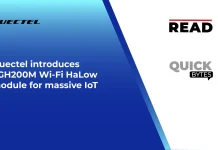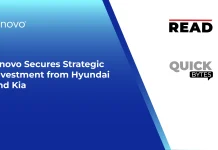Venator Materials PLC (“Venator”) announced that it received $85 million in cash from Tronox pursuant to its settlement agreement with Tronox related to the recent Superior Court of Delaware judgement in favor of Venator for $75 million. The settlement amount of $85 million includes an additional $10 million of value representing a negotiated amount of interest originating from 2019 when conditions were met that required Tronox to pay a $75 million “Break Fee” to Venator. The settlement agreement resolves all legal disputes between the parties contested in the Superior Court of Delaware.
About Venator
Venator is a global manufacturer and marketer of chemical products that comprise a broad range of pigments and additives that bring color and vibrancy to buildings, protect and extend product life, and reduce energy consumption. We market our products globally to a diversified group of industrial customers through two segments: Titanium Dioxide, which consists of our TiO2 business, and Performance Additives, which consists of our functional additives, color pigments and timber treatment businesses. Based in Wynyard, U.K., Venator employs approximately 3,500 associates and sells its products in more than 110 countries.
Certain statements contained in this press release constitute “forward-looking statements” within the meaning of the U.S. Private Securities Litigation Reform Act of 1995. These forward- looking statements represent Venator’s expectations or beliefs concerning future events, and it is possible that the expected results described in this press release will not be achieved. These forward looking statements are subject to risks, uncertainties and other factors, many of which are outside of Venator’s control, that could cause actual results to differ materially from the results discussed in the forward looking statements, including the impacts and duration of the global outbreak of the COVID-19 pandemic on the global economy and all aspects of our business, including our employees, customers, suppliers, partners, results of operations, financial condition and liquidity, global economic conditions, our ability to maintain sufficient working capital, our ability to access capital markets on favorable terms, the costs associated with the closure of our Pori facility and execution of our business improvement programs and initiatives, our ability to realize financial and operational benefits from our business improvement plans and initiatives, changes in raw material and energy prices, interruptions in raw materials and energy, industry production capacity and operating rates, the supply demand balance for our products and that of competing products, pricing pressures, technological developments, legal claims by or against us, changes in government regulations, including increased manufacturing, labeling and waste disposal regulations and the classification of TiO2 as a carcinogen in the EU, management of materials resulting from our manufacturing process, including the ability to develop commercial markets in the regions that we manufacture and our ability to dispose of these materials if necessary, the impacts of increasing climate change regulations, geopolitical events, cyberattacks and public health crises.






